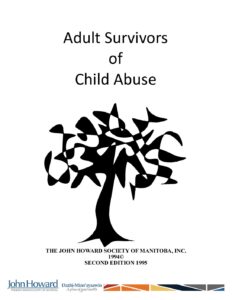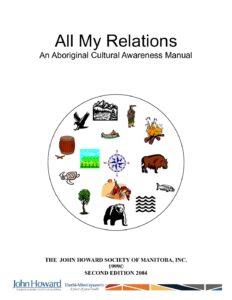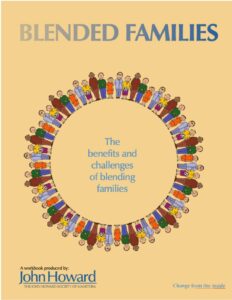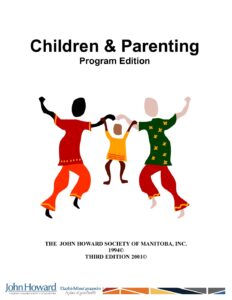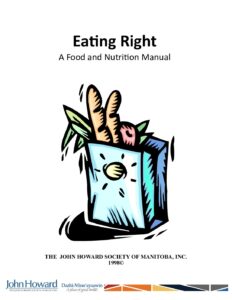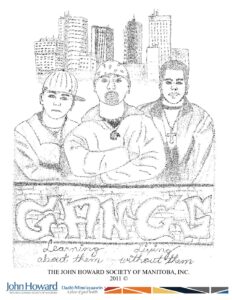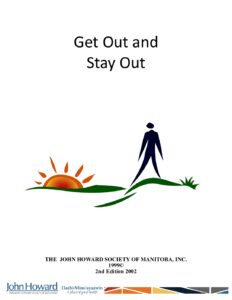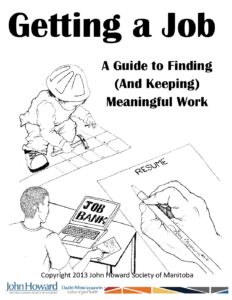Literacy Workbook Series
Improve your literacy skills while learning about topics of interest
Our personal development workbook series helps adult learners improve their literacy skills before, during, and after incarceration. They are designed to give adult literacy learners information about topics of interest while helping them develop essential literacy skills such as reading, writing, numeracy, communication, critical thinking, and document use.
Each workbook contains written lessons followed by exercises designed to enhance literacy, strengthen reading comprehension, and build analytical and problem-solving skills.
Who the workbooks are for
These workbooks were written with incarcerated learners in mind, but many non-incarcerated individuals have also found them useful.
Learners at about a grade 7 or 8 level (Stage Three under Manitoba’s Stages Literacy Framework) will be able to read these books quite comfortably. Lower-level readers can also benefit from the books with the assistance of a tutor or study partner.
Depending on the level of the learner these books can be excellent for independent use; however, some interactive or research activities, particularly in the newer books, will be most fun and effective if done with the help of a tutor or at least a supportive friend or family member.
Workbook Catalogue
All workbooks are available to download for free.
Note: While some of these books cover topics often addressed by counselors and in treatment programs, the purpose of this series is educational, not therapeutic. Readers will no doubt learn valuable information about such topics as substance use, parenting, and anger management; however these books should not be considered a substitute for accredited treatment programs in these areas.
Contact Us
If you have questions, call us at 204-775-1514, or send us an email.



